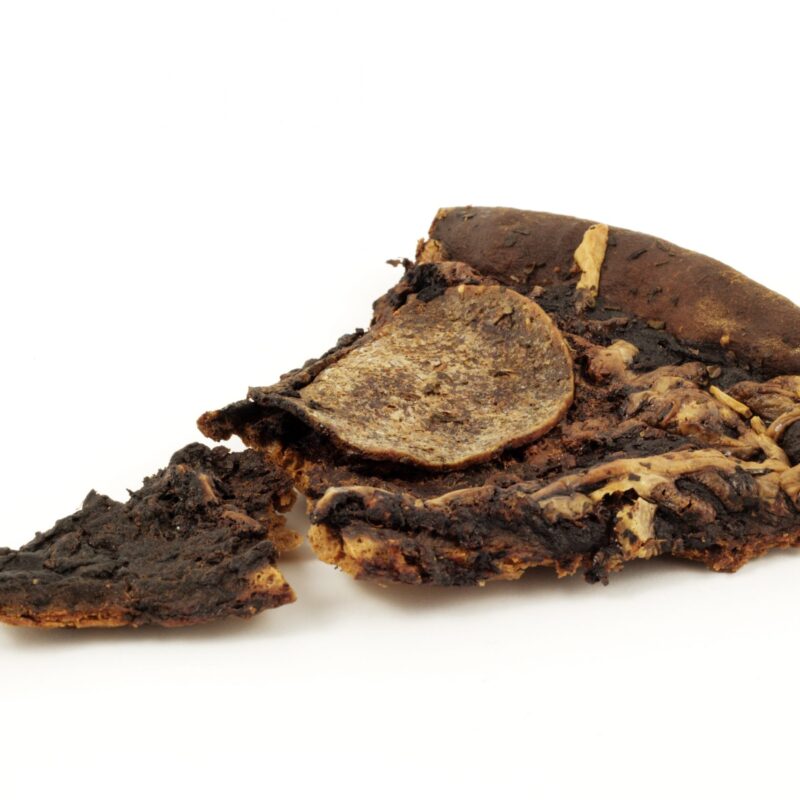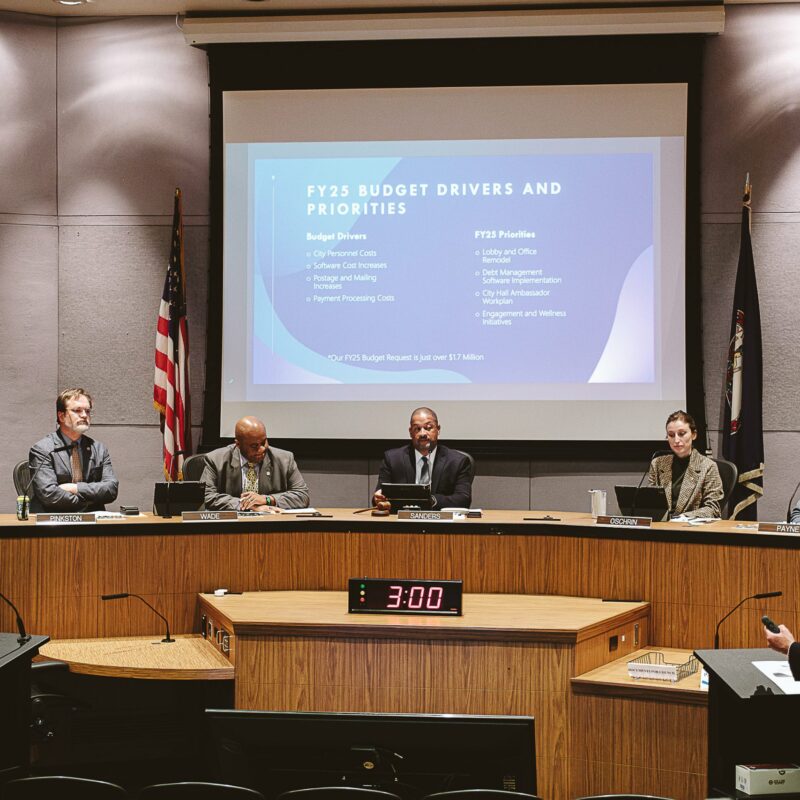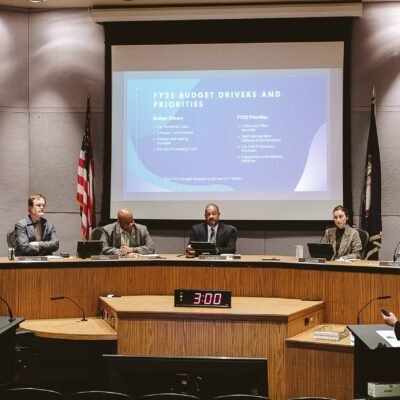The last time UVA had a staff union, things didn’t end well. Too few members prompted Communications Workers of America (CWA), a national telecommunications union, to stop financially supporting the Staff Union at UVA (SUUVA). Without funding, the union ceased to exist in 2008. Now, three years later, some believe it is the perfect time to pick up where SUUVA left off and organize once more.
)/Michael_Kidd.jpg) Michael Kidd is a former staff union member at UVA. He is now pushing to create a new, more positive effort. “I think the time has come for us to have a true voice,” he said.
|
“I think the time has come for us to have a true voice,” said Michael Kidd, a former SUUVA member and current UVA employee.
But unlike SUUVA, which had a six-year run before dismantling, the new union will have a positive message and tone, said Kidd.
Kidd is a UVA alumnus and has worked for the University for nearly 18 years. “I’m very positive about UVA. I think it’s a great employer,” he said. However, he adds, the administration at UVA may at times feel “isolated.”
“We have no choice but to organize,” he said. “I think it’s a positive thing. It doesn’t have to be a negative thing. We’re not out to hurt the University. We’re not out to embarrass the University. All of those things are the reasons why SUUVA died.”
On its part, UVA has its hands tied.
“The University certainly upholds the right for employees to organize, but as a state agency we are prohibited from recognizing or negotiating with unions,” said UVA Spokesperson Carol Wood in a statement. “This is in accordance with legislation that was passed by the General Assembly in 1993 that prohibited collective bar-
gaining by governmental employees.”
When SUUVA disbanded, it had about 250 members. CWA wanted at least 1,000 members from among UVA’s nearly 20,000 full-time and part-times employees. CWA then offered members the option to merge with a Verizon union in Richmond or join a public service workers’ union in Williamsburg. None of these had the same impact of a UVA-focused effort.
Now, Kidd is working with CWA to create the Campus Workers United (CWU), an organizing initiative that won’t be exclusive to UVA, but will include other institutions of higher education throughout Virginia.
Although CWU will bring in new ideas and new people, some of the issues remain the same.
“Workers, all of us, have seen a decrease in our health insurance. We haven’t had a cost of living increase in three years that hasn’t been taken back,” said Kidd. In fact, this year, the General Assembly required state employees to contribute 5 percent to their retirement and later approved a 5 percent raise as a reimbursement.
Kidd said that in some cases, however, the increase was not enough to cover the employee’s portion. “Many are losing $20, $30 more a month in take home pay,” he said. “It didn’t balance out.”
For former SUUVA member Brad Sayler, a new union could help employees gain access to and influence decisions at the administration level.
“All we would be asking UVA to do is to do what William & Mary and Virginia Tech have already done, [and] put an elected [staff] representative on the Board of Visitors,” he said.
Appointments to the board are made by the Governor and not by either board members or the UVA president. Furthermore, Wood said there has never been staff representation on the board, “as it is considered a conflict of interest,” she said.
Sayler adds that a core problem facing UVA employees is Virginia’s status as a right to work state, a legal status that hobbles unions. As a right to work state, Sayler said Virginia “handcuffs the efforts of any union to organize and really accomplish anything”—ultimately, the reason SUUVA never succeeded.
For Cameron Brooks, CWA’s Special Project Organizer, organizing is “always hard” no matter what state is involved. The public sector is usually “not as aggressively anti-union” as the private sector seems to be. From talking to former members of SUUVA, Brooks said “it is a mistake to think that the forces of state government and the University of Virginia are as anti-union as what the private sector management is.”
Campus Workers United sent a survey to former SUUVA members to ask their thoughts on important issues. Overwhelmingly, responses focused on “better pay, equal pay.”
“There are people in departments doing the same thing, or across departments, and they are at different levels of pay,” said Kidd. “That is not unheard of at UVA and they don’t want to talk about it. We want to bring them positively and professionally to the table to work out issues like that.”
Campus Workers United will hold an interest meeting on October 19 in Newcomb Hall. Brooks expects to create an organizing committee “made up of people throughout the campus that want to be involved and begin to build a structure,” he said.





